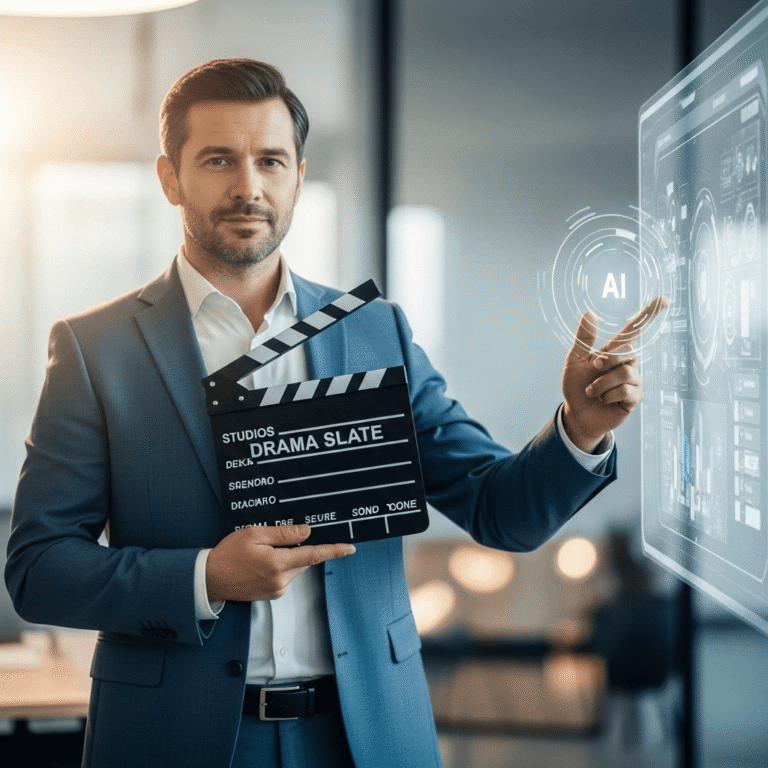Think Twice: AI Legal Advice Isn’t Human Legal Expertise
Think Twice: Why AI Legal Advice Isn’t a Substitute for Human Expertise
The rise of artificial intelligence offers incredible tools for quick information access, and many people now turn to generative AI for *legal information*. While tempting to get immediate answers, relying on *AI legal advice* can be incredibly risky. This article explores why you should exercise extreme caution and always prioritize *qualified legal professionals* for your legal needs.
The Hidden Dangers of AI Legal Advice
Artificial intelligence, despite its impressive capabilities, fundamentally lacks human understanding, which is crucial in legal matters. *Firstly*, AI models cannot truly grasp the nuance and emotional context of a *complex legal case*. Legal situations are rarely black and white; they often involve intricate details, human motivations, and individual circumstances that AI simply cannot process with the necessary empathy or judgment.
*Furthermore*, the *legal information* provided by AI may not always be current or accurate. Laws change frequently, and *legal precedents* evolve. While AI pulls from vast datasets, there’s no guarantee that its information reflects the most up-to-date statutes or *jurisdictional differences*. Relying on outdated advice can lead to *significant legal risks* and adverse outcomes.
*Moreover*, AI operates without ethical responsibilities or client-solicitor privilege. A *human lawyer* is bound by strict professional ethics, ensuring confidentiality and acting solely in your best interest. AI, on the other hand, cannot offer this level of trust or protection for your sensitive *legal matters*. *Consequently*, if AI provides incorrect *legal guidance*, there is no professional body to hold accountable, leaving you potentially unprotected.
Why Human Legal Expertise Remains Irreplaceable
In contrast to the limitations of AI, *human lawyers* offer an invaluable blend of experience, empathy, and strategic thinking. *Ultimately*, a *qualified legal professional* provides *personalized legal counsel*. They listen attentively to your unique situation, ask probing questions, and understand the emotional weight of your legal challenges, offering advice tailored specifically to you.
*Therefore*, for *complex legal cases*, human judgment is paramount. Lawyers develop sophisticated *legal strategies*, negotiate on your behalf, and represent you in court, skills that generative AI cannot replicate. They navigate the intricacies of the legal system, interpret laws within their broader societal context, and adapt to unforeseen circumstances with critical thinking.
*While AI offers convenience for basic information*, *nevertheless*, professional accountability is another key differentiator. *Human lawyers* are regulated, hold professional indemnity insurance, and adhere to strict codes of conduct. This provides a crucial layer of protection and assurance for clients, ensuring that you receive responsible and *accurate legal guidance*. *Thus*, for anything beyond general inquiries, seeking *professional legal advice* from a human expert is essential.
In conclusion, while AI tools offer quick access to *legal information*, they are not a substitute for the nuanced, ethical, and personalized guidance of a *human lawyer*. It is imperative to *think twice before you take legal advice from AI* for any critical or sensitive matter. Always consult with *qualified legal professionals* to ensure you receive reliable, up-to-date, and context-specific *legal expertise* that truly protects your interests.
Get More info from: City A.M.







